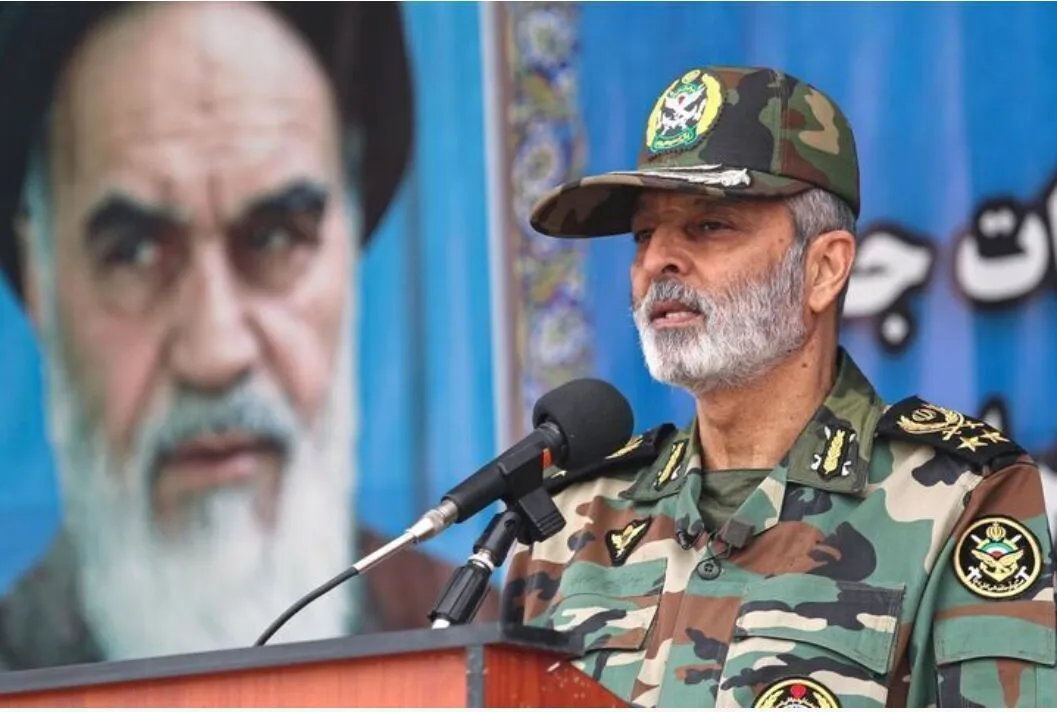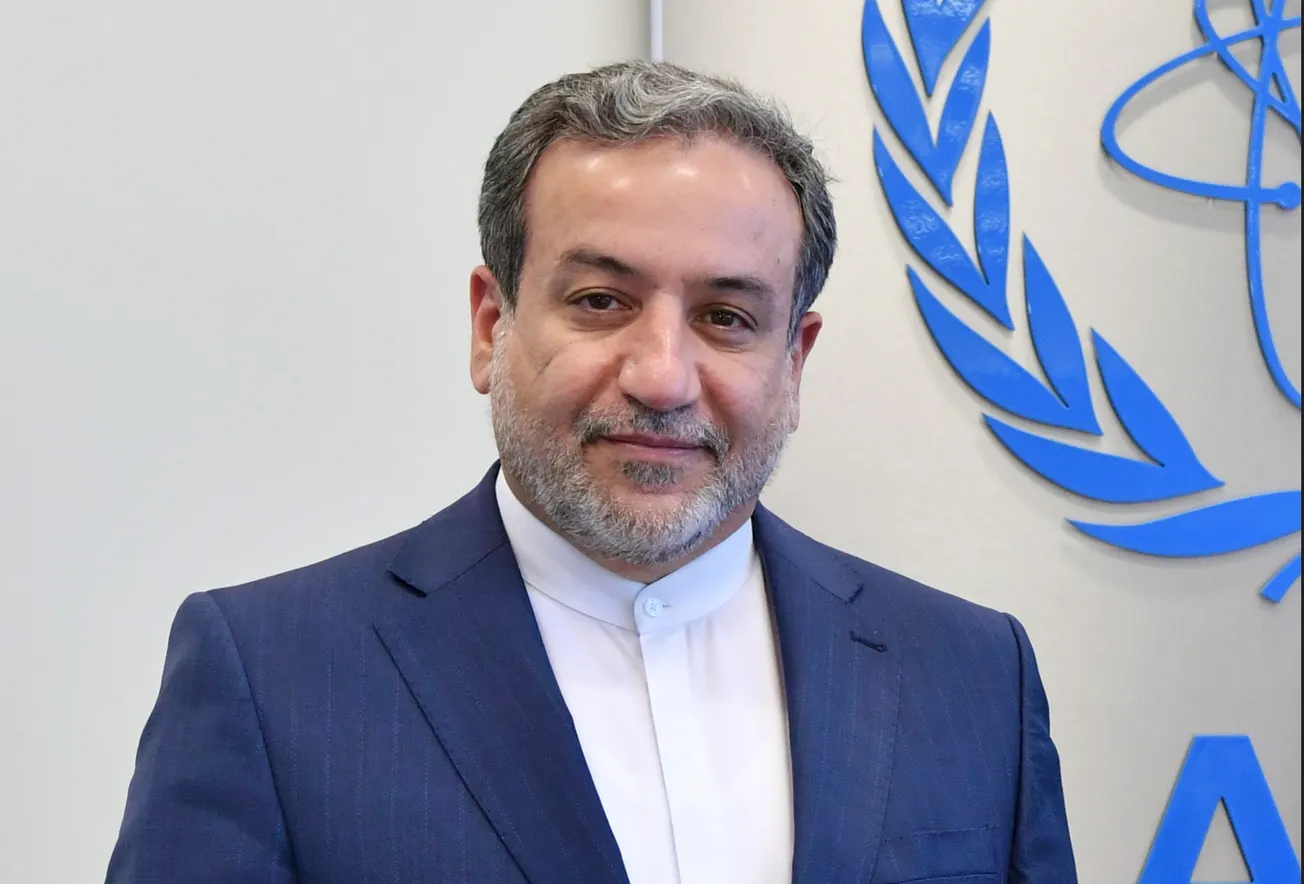In an Oval Office press conference today with Israeli Prime Minister Benjamin Netanyahu, President Donald Trump announced that the U.S. will begin holding very high-level direct talks with the Iranian government about its nuclear program, to be held in Saudi Arabia on Saturday, April 12. Trump of course gave no names of who would be involved in the talks from the Iranian or the U.S. side but indicated that talks would take place at the “almost highest level” of the Iranian government.
When one reporter asked whether an agreement with Iran would be like the JCPOA (Joint Comprehensive Plan of Action) the six-nation agreement signed in 2015 by which Iran’s nuclear program could be monitored, but from which Donald Trump withdrew in 2018 during his first term in office, Trump replied that a new agreement would “be better than the JCPOA,” without offering details.
In general, Netanyahu said little, expressing gratitude for Trump’s friendship and support, but was cautious in his choice of words. On Iran’s nuclear program, he suggested that perhaps it could follow the “Libyan” model, referring to the 2003 decision by Libyan leader Muammar Qaddafi to give up his country’s weapons of mass destruction program and a nuclear weapons program that was only in the early stages of development. There was no further discussion of that. On Gaza, after proclaiming his commitment to secure the release of all hostages, he mentioned that Mideast Envoy Steve Witkoff “was working on another deal.”
Trump added that his plan is to get the hostages out, get another ceasefire, and “many other things too” to stop the fighting. When a reporter asked if he’d be prepared to bomb Iran to put an end to its nuclear program, he warned that if a deal weren’t reached in talks with Iran, it would find itself in a “very dangerous situation."The U.S. President spoke at length on other topics, including his and Netanyahu’s delusional plans about relocating Palestinians and punishing China for taking countermeasures in response to Trump’s high tariffs (see separate item).




